 The following funding opportunities have been announced. Please follow the links for more information:
The following funding opportunities have been announced. Please follow the links for more information:
Innovate UK
Portable Renewable Energy Generation. A project competition has been opened to identify and develop innovative solutions to generate portable renewable energy technologies that are able to work in a range of locations on underused or vacant land in Cardiff. Up to £1m will be awarded. Closing Date: 08/06/2015
Medical Research Council
Tackling AMR Theme 2: Accelerating therapeutic and diagnostics development. Bids are welcome for the broad theme encompassing the development, scale up and manufacture of new human and animal therapies and the diagnostics required to better target both new and existing therapies, and to monitor bacterial pathogen spread. Funds will be available to support research over 12-24 months period, and are expected to be around £200k (80% fec). Closing Date: 04/06/2015 at 16:00
UK-Brazil Neglected Infectious Diseases Partnership. This initiative will provide funding for collaborative 2-3 year research projects, focused on neglected infectious diseases in Brazil. Closing Date: 18/06/2015 16:00
UK – Philippines: Joint Health Research Call. The focus of this call is research into infectious diseases that impact the most vulnerable in society within the Philippines. Up to £3.2m funding is available with up to £640k available per partnership. Expression of Interest Closing Date: 16/07/2015
Natural Environment Research Council
Environmental Risks to Infrastructure Innovation. A budget of up to £1m is available for research that addresses the challenge of making our infrastructure resilient and mitigating the effects of extreme weather events and climate change. Expressions of Interest Closing Date: 28/05/ 2015 at 16:00
The Royal Society
International Scientific Seminars. This scheme is for Royal Society Research Fellows who want to organise a small two-day scientific seminar, specific to a particular field of science or cross disciplinary in nature, at the Royal Society at Chicheley Hall. Closing Date: 11/06/2015
Wellcome Trust
Research Training Fellowships. This scheme is for medical, dental, veterinary or clinical psychology graduates who have little or no research training, but who wish to develop a long-term career in academia. Fellowships are normally for two to three years and cover research expenses and the fellow’s salary. Closing Date: 07/09/2015
Please note that some funding bodies specify a time for submission as well as a date. Please confirm this with your RKEO Funding Development Officer
You can set up your own personalised alerts on Research Professional. If you need help setting these up, just ask your School’s/Faculty’s Funding Development Officer in RKEO or view the recent blog post here.
If thinking of applying, why not add notification of your interest on Research Professional’s record of the bid so that BU colleagues can see your intention to bid and contact you to collaborate.
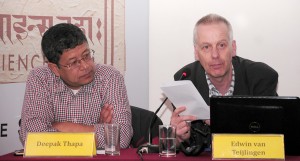
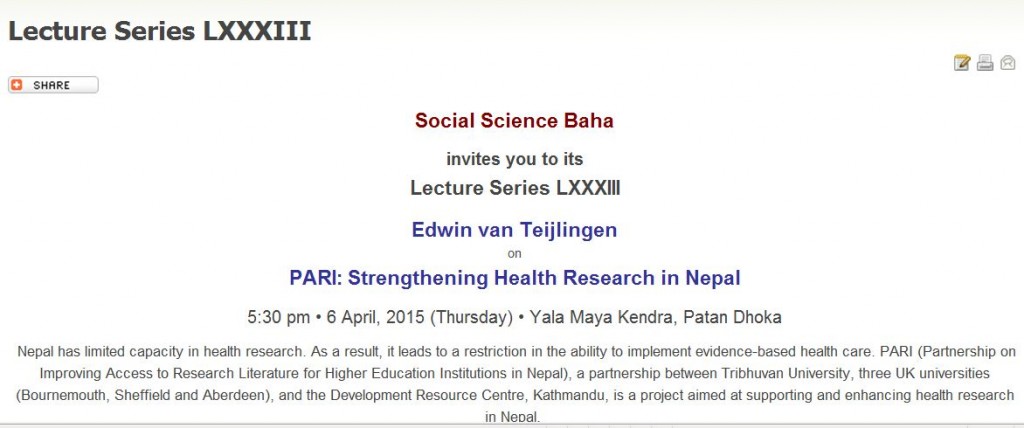

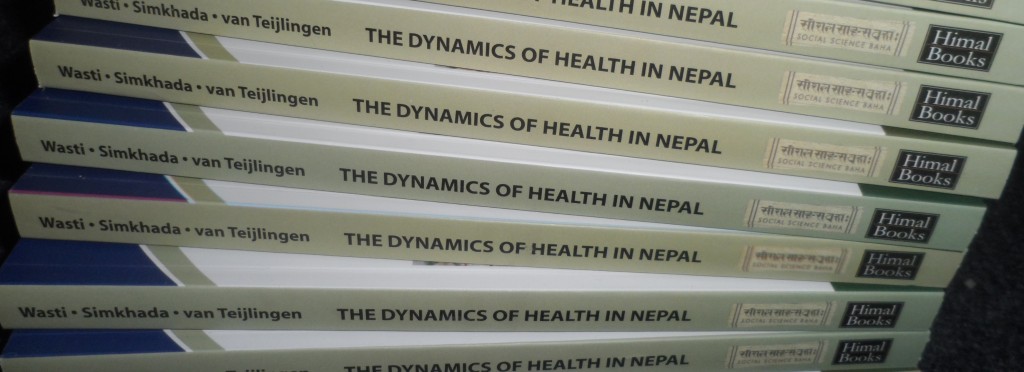

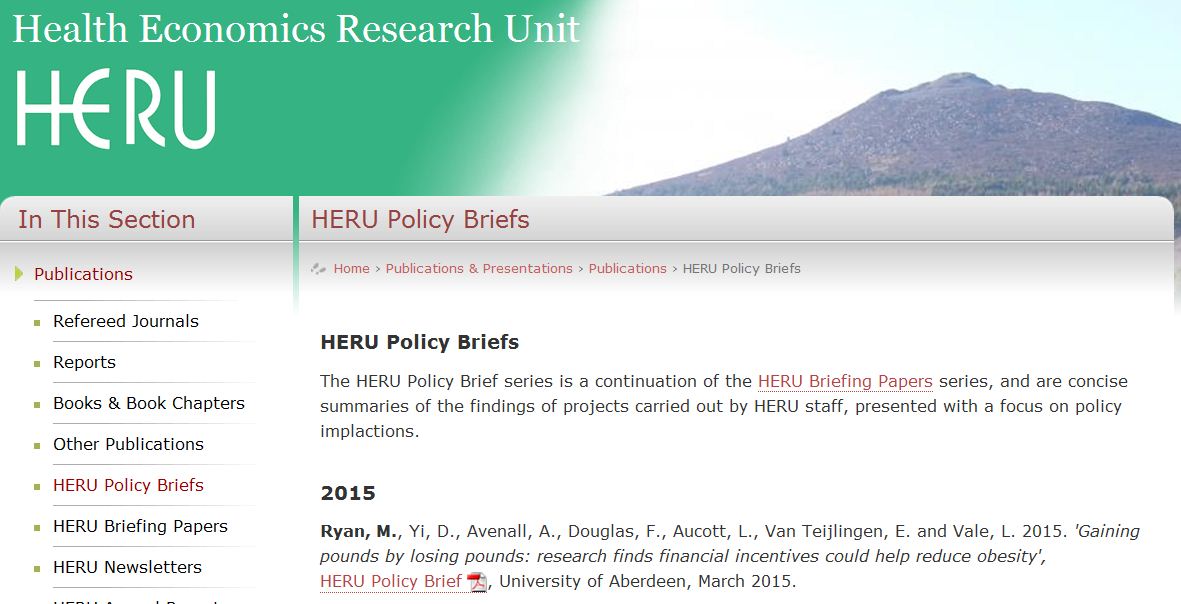
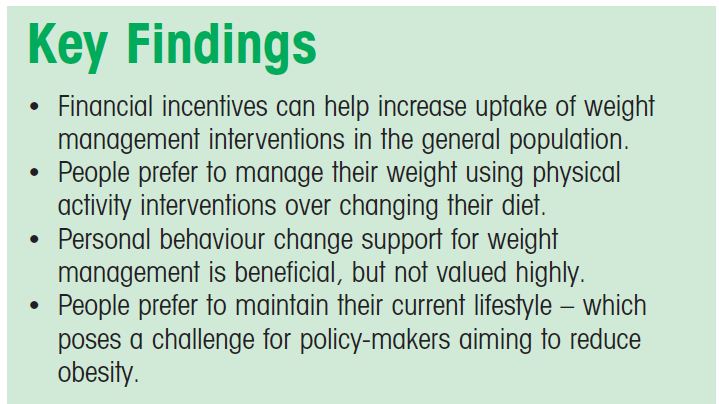
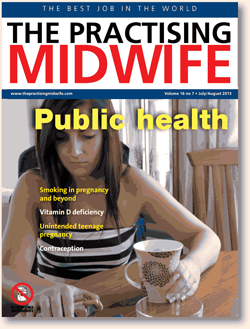
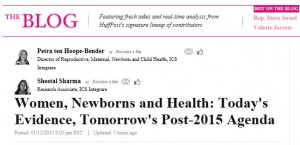
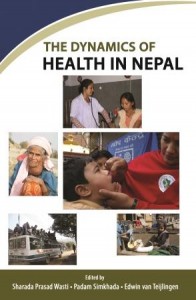
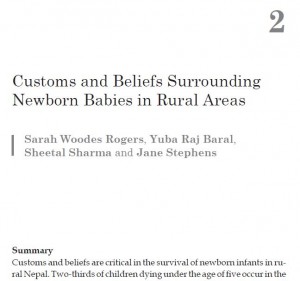
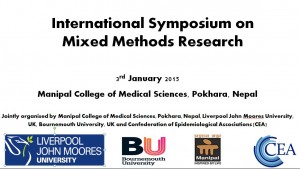

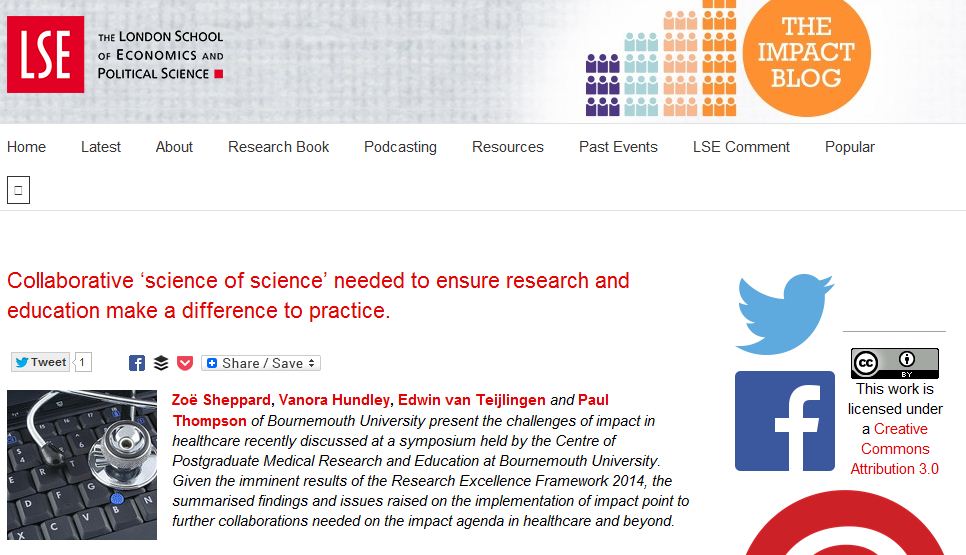


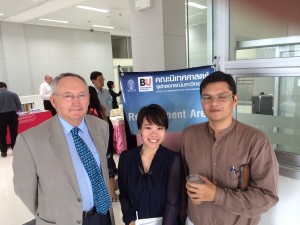

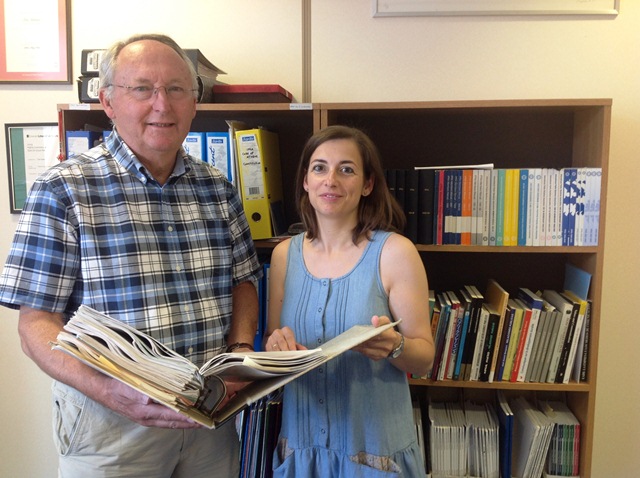











 Dr. Ashraf cited on ‘Modest Fashion’ in The Guardian
Dr. Ashraf cited on ‘Modest Fashion’ in The Guardian NIHR-funded research launches website
NIHR-funded research launches website Academics write for newspaper in Nepal
Academics write for newspaper in Nepal New paper published on disability in women & girls
New paper published on disability in women & girls Global Consortium for Public Health Research 2025
Global Consortium for Public Health Research 2025 MSCA Postdoctoral Fellowships 2025 Call
MSCA Postdoctoral Fellowships 2025 Call ERC Advanced Grant 2025 Webinar
ERC Advanced Grant 2025 Webinar Horizon Europe Work Programme 2025 Published
Horizon Europe Work Programme 2025 Published Horizon Europe 2025 Work Programme pre-Published
Horizon Europe 2025 Work Programme pre-Published Update on UKRO services
Update on UKRO services European research project exploring use of ‘virtual twins’ to better manage metabolic associated fatty liver disease
European research project exploring use of ‘virtual twins’ to better manage metabolic associated fatty liver disease